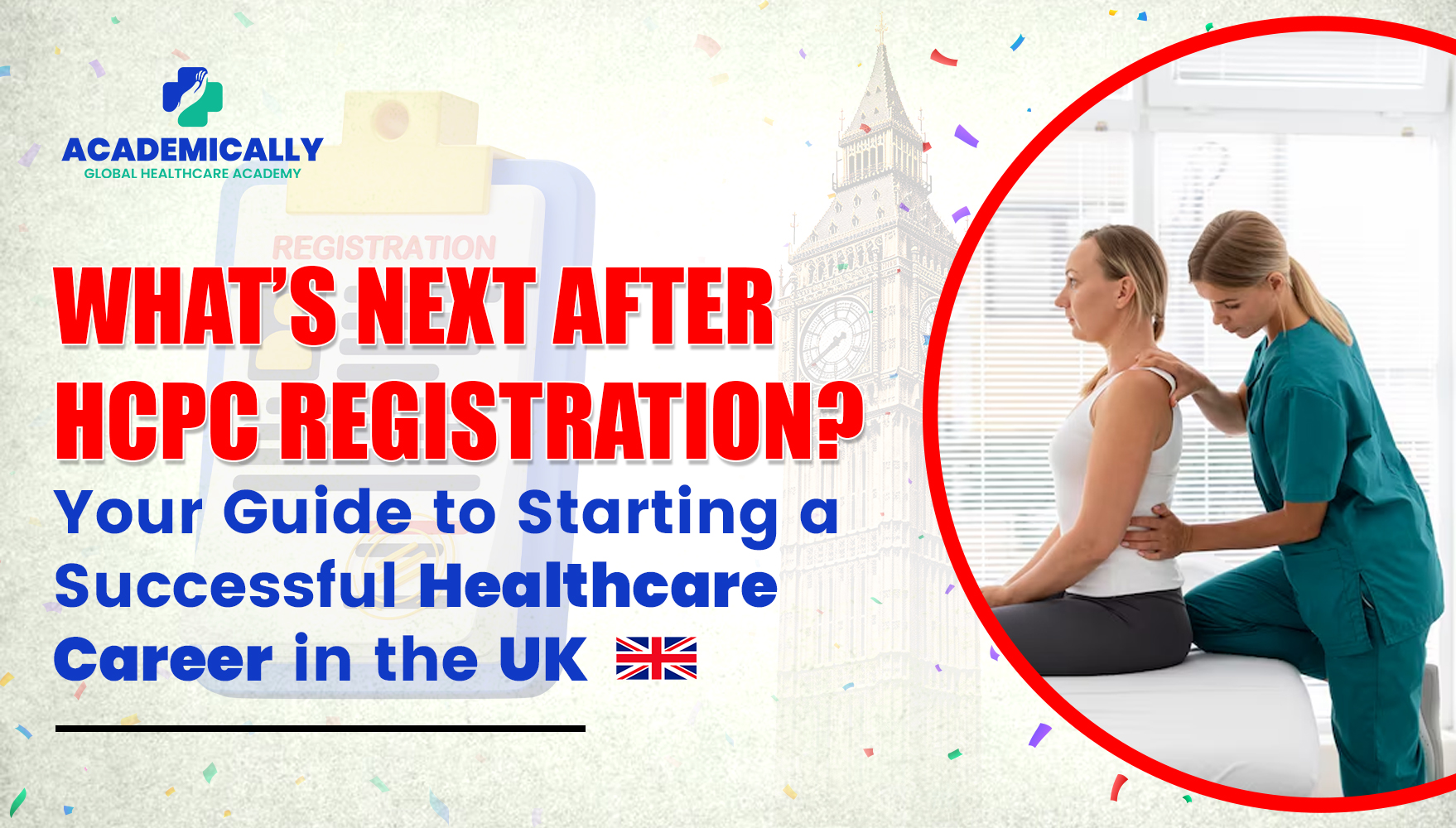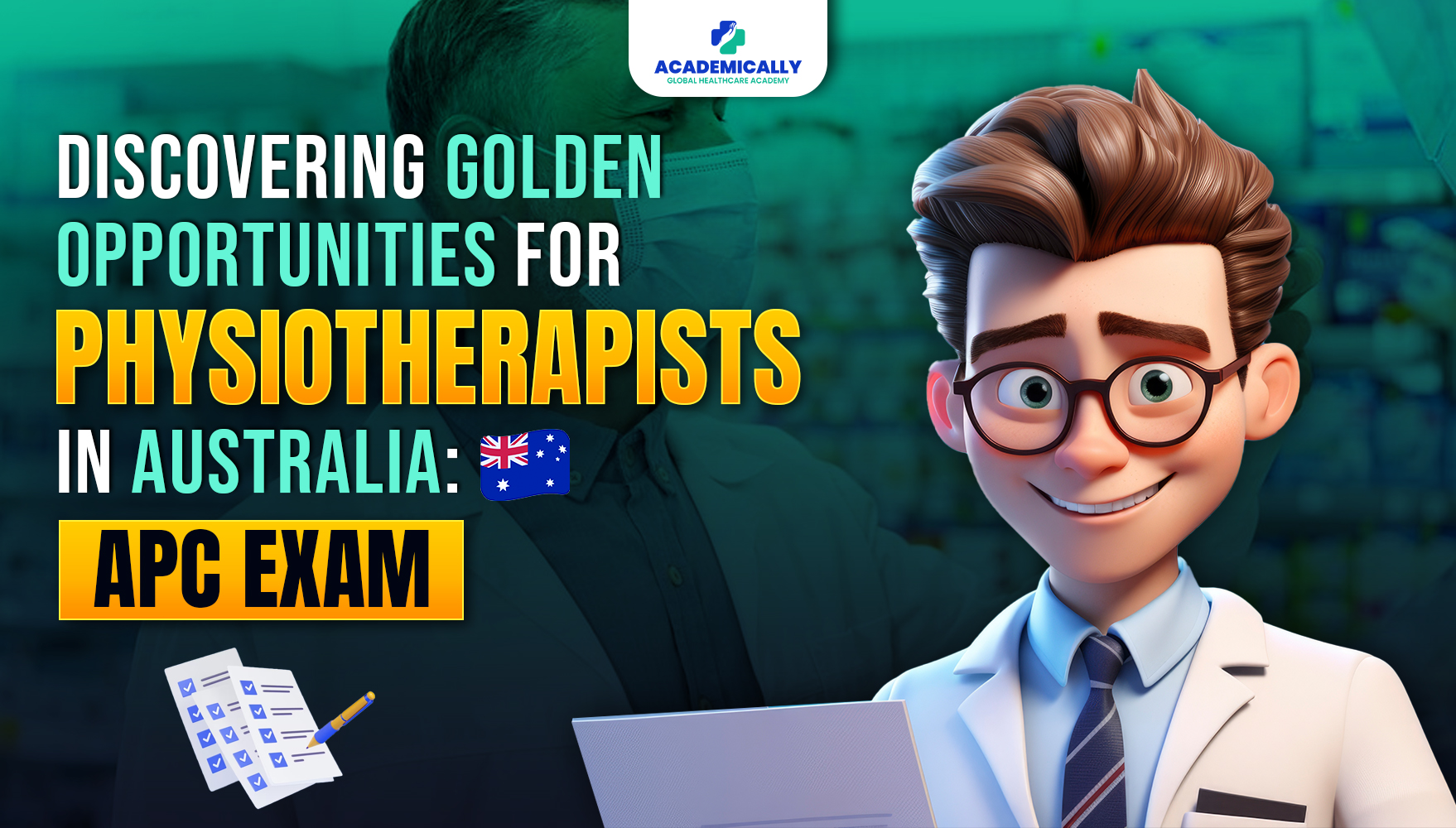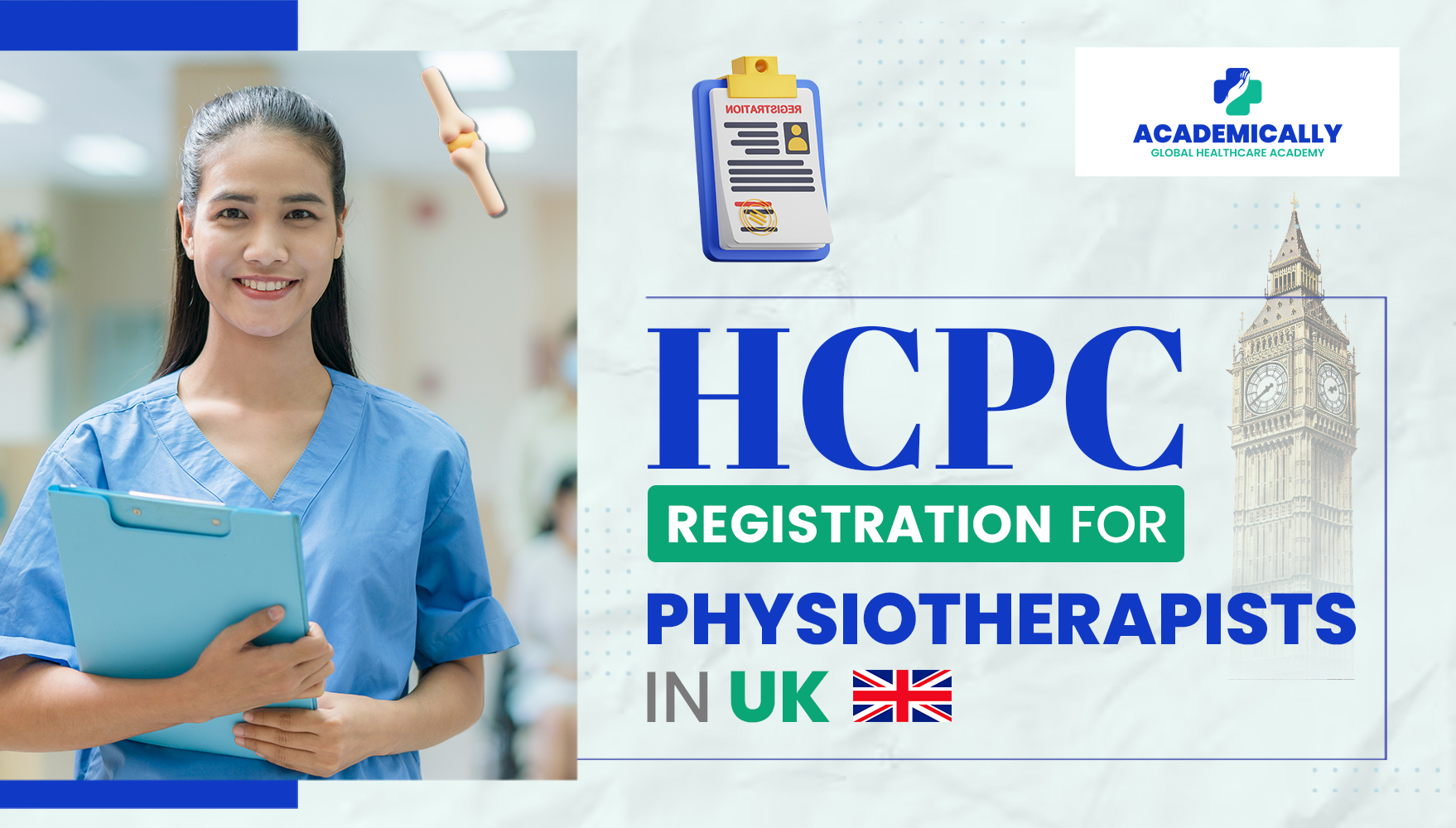1. Find the Right Job Opportunity
The first step after HCPC registration is securing a job that aligns with your skills and professional goals. The UK healthcare system offers a wide range of opportunities, from the NHS to private clinics and community roles.
- Tailor your CV: Highlight your HCPC registration and relevant experience. Focus on your clinical skills, communication abilities, and adaptability to the UK healthcare environment.
- Job Portals: Explore job listings on platforms like NHS Jobs, Indeed, and other healthcare-specific job boards. Networking on LinkedIn is also a great way to find roles that might not be widely advertised.
Tip: Consider roles that offer mentorship or further training to help you adjust to the UK system more effectively.
2. Prepare for the UK Healthcare Culture
Adapting to the UK healthcare environment is essential for your success. This includes understanding local guidelines and delivering patient care in line with UK standards.
- CPD (Continuing Professional Development): HCPC-registered professionals are required to engage in ongoing learning. Attend workshops, seminars, or complete online courses to keep up with the latest practices.
- Cultural Competence: The UK healthcare system serves a diverse population, so strong communication skills and cultural awareness are key.
3. Network and Build Professional Connections
Networking is crucial for both personal and professional growth. Building a strong network can open doors to new opportunities and provide valuable support.
- Join Professional Organisations: Consider joining groups such as the Chartered Society of Physiotherapy (CSP) or British Psychological Society (BPS). These organisations offer resources, professional support, and networking opportunities.
- Attend Events: Participate in conferences, seminars, or local meet-ups. These are great for staying informed about industry trends and meeting other professionals.
4. Stay Updated on HCPC Requirements
HCPC registration is an ongoing process. Every two years, you’ll need to renew your registration, and this involves meeting certain criteria.
- CPD Audit: You must maintain records of your Continuing Professional Development (CPD) activities, as you may be selected for an audit.
- Code of Conduct: Continue to adhere to HCPC’s professional standards to maintain your registration and ensure a long-term career in the UK.
5. Consider Specialising
As you become more comfortable in your role, think about your long-term career path. Specialising can lead to new opportunities, higher pay, and greater job satisfaction.
- Pursue Further Qualifications: Look into postgraduate courses or certifications that allow you to specialise in areas such as geriatrics, neurology, or paediatrics.
- Leadership Roles: Over time, consider transitioning into leadership, research, or teaching positions within your field.
If you’re feeling unsure about the next steps or need assistance with career planning, Academically is here to support you. From personalised job search strategies to ongoing HCPC requirements, we offer expert advice and resources to help you succeed - Book your free one-on-one counselling session NOW!






